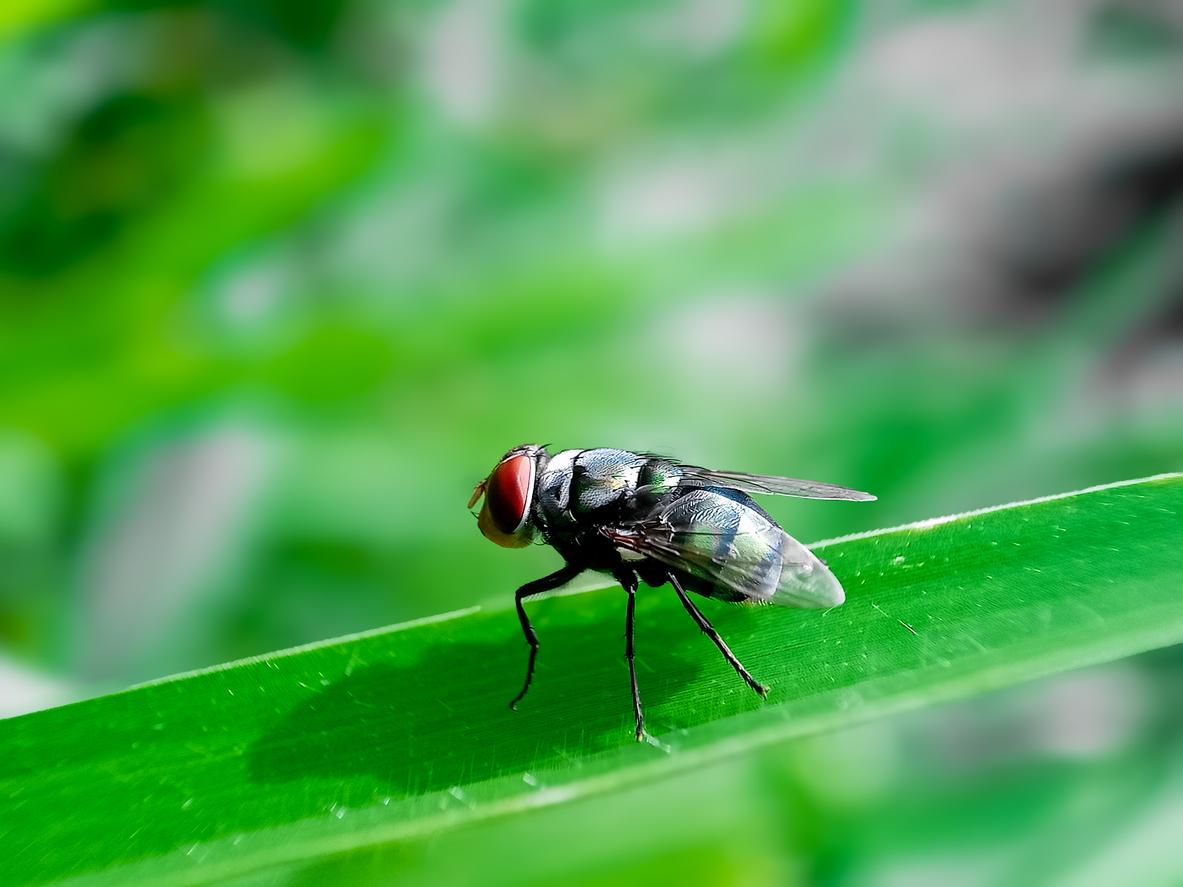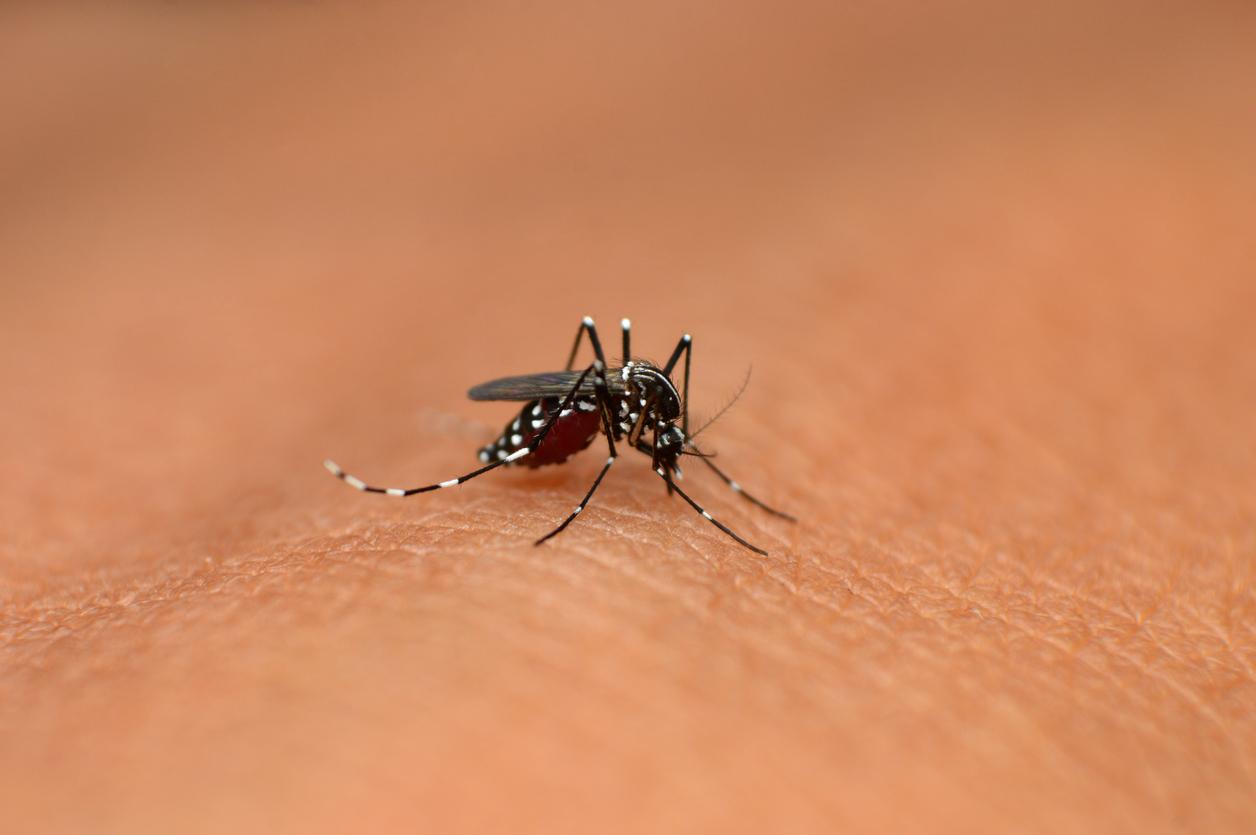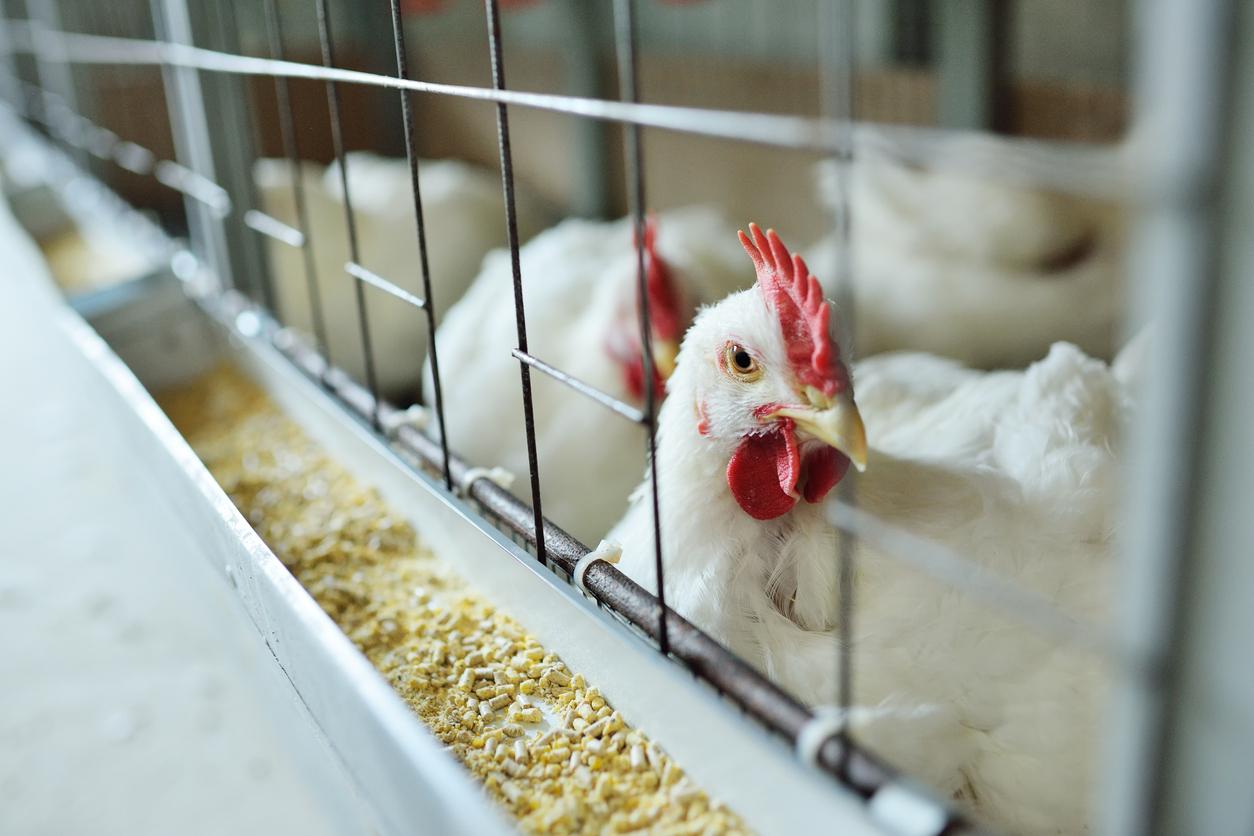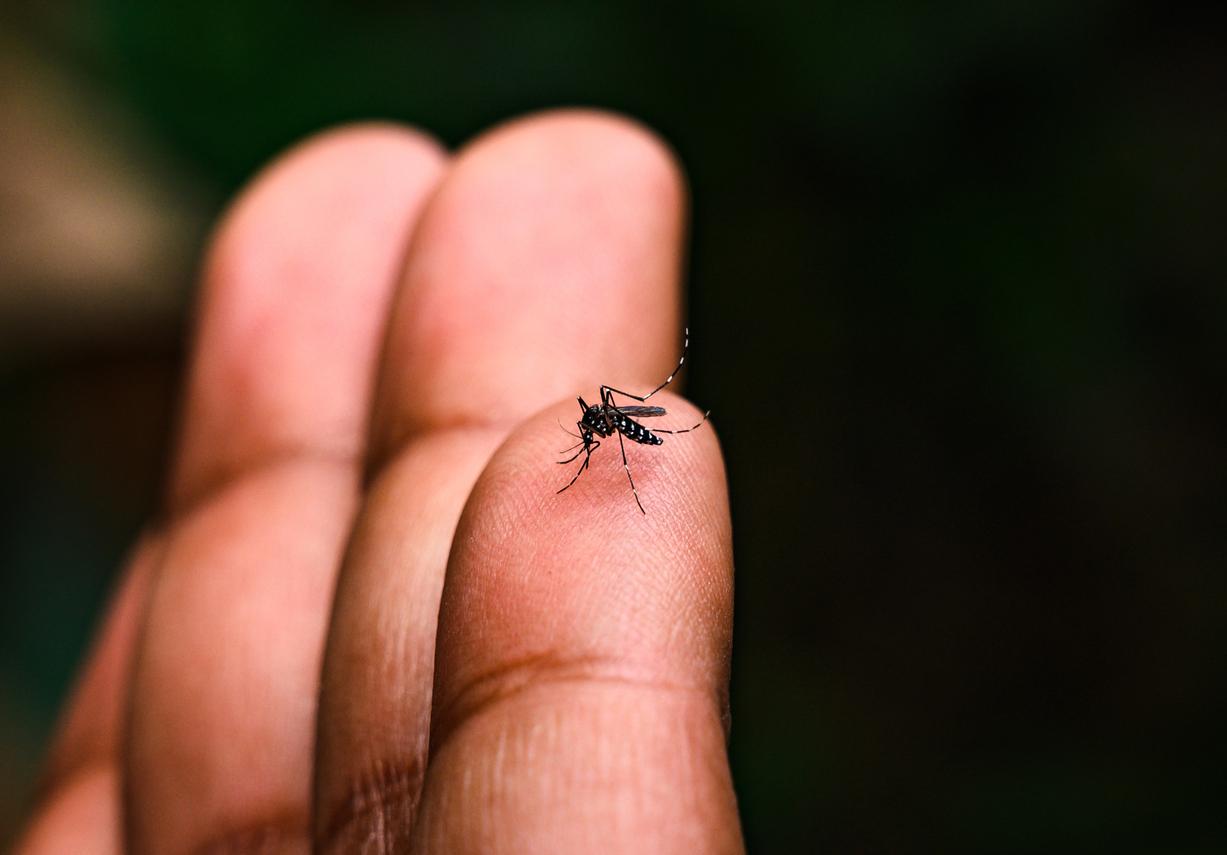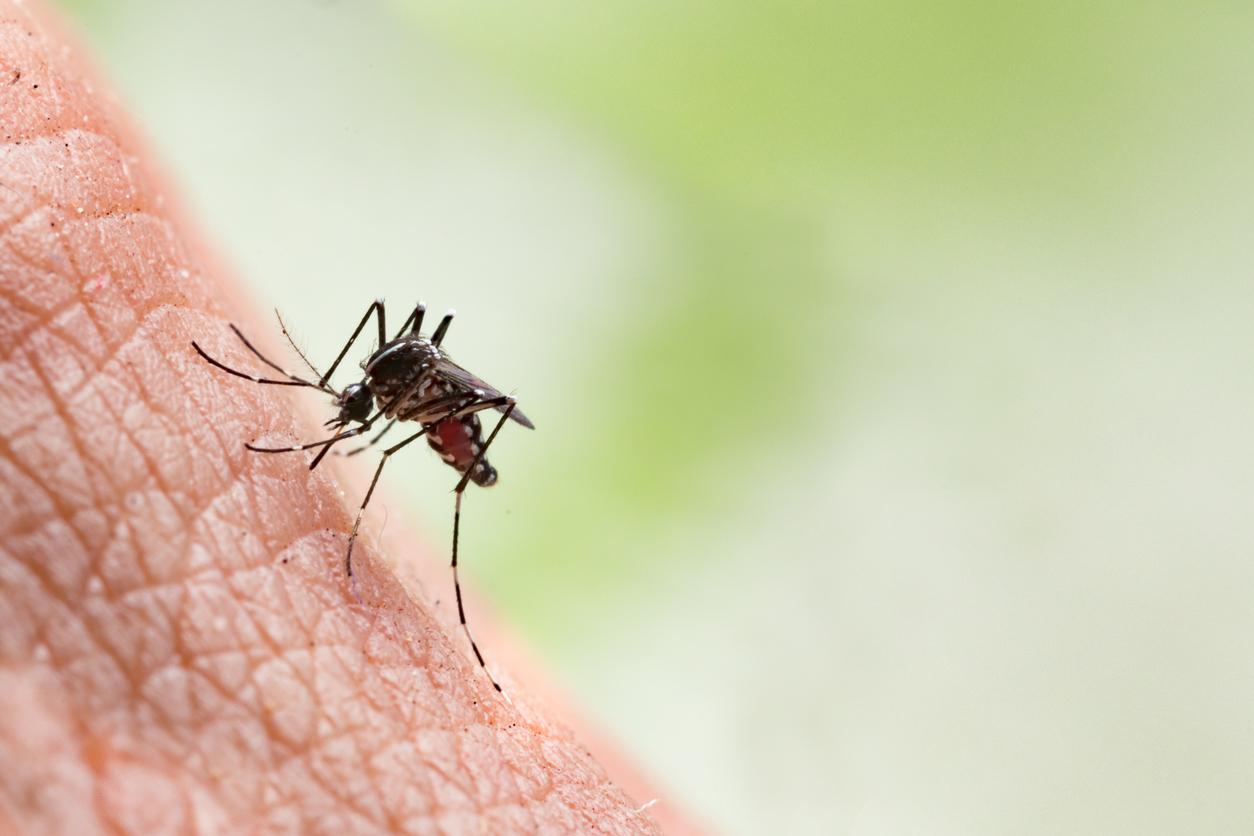The objective is to prevent the reproduction of the Aedes aegypti mosquito, vector of diseases such as Zika or dengue fever.
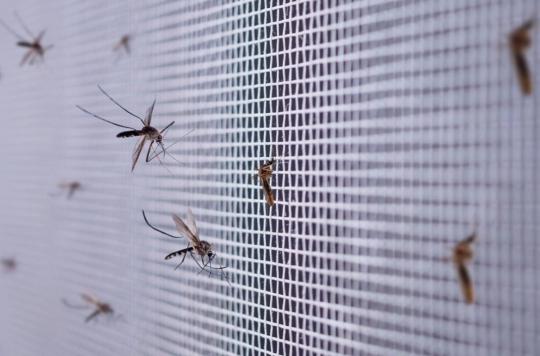
- Genetically modified mosquitoes are unable to produce viable female mosquitoes.
- The local population is opposed to the release of these mosquitoes, fearing long-term environmental consequences.
Between 2021 and 2022, 750 million genetically modified mosquitoes will be released in the Florida Keys archipelago. Manufactured by the English company Oxitec, these insects, exclusively male, cannot produce viable female mosquitoes: the female offspring systematically die in the larval stage, which prevents them from biting humans. In the mosquito, only the female can bite to collect the blood necessary for the hatching of her eggs. The goal is to reduce mosquito populations Aedes aegyptiwhich can transmit dengue or Zika.
An additional gene
Florida authorities want to test the effectiveness of this method, which could become an alternative to spraying insecticide. Today, some mosquitoes have developed resistance to these chemicals. With the genetic modification, the male mosquitoes have an additional gene, which produces tetracycline, which prevents it from making the other proteins necessary for its development, reports the Geek Diary. This gene is expressed only in female mosquitoes, which prevents them from growing.
A double-edged experiment in Brazil
According to a communicated from Oxitec, the GMO mosquito would have proved its worth in the city of Indaiatuba in Brazil: in 13 weeks of treatment, the population of Aedes aegypti decreased by 95% in the area, compared to other areas not provided with genetically modified mosquitoes. In the years that followed, the experiment turned out to be less conclusive: 4% of the mosquitoes’ offspring survived, as explained by France Inter. The adult mosquitoes continued to breed and created hybrid insects. It is partly for this reason that in the United States, residents have opposed the release of these GMO mosquitoes: it is difficult to assess the long-term consequences. A petition collected more than 235,000 signatures. CNews reports the questions of the association for the defense of the environment Friends of the Earth : its members fear that other animals will ingest these insects, and that it will be dangerous afterwards. For its part, Oxitec wants to reassure and affirms that “the proteins of the genes introduced into the modified insects do not produce any toxins or allergens and therefore do not pose any environmental problem”.
.









